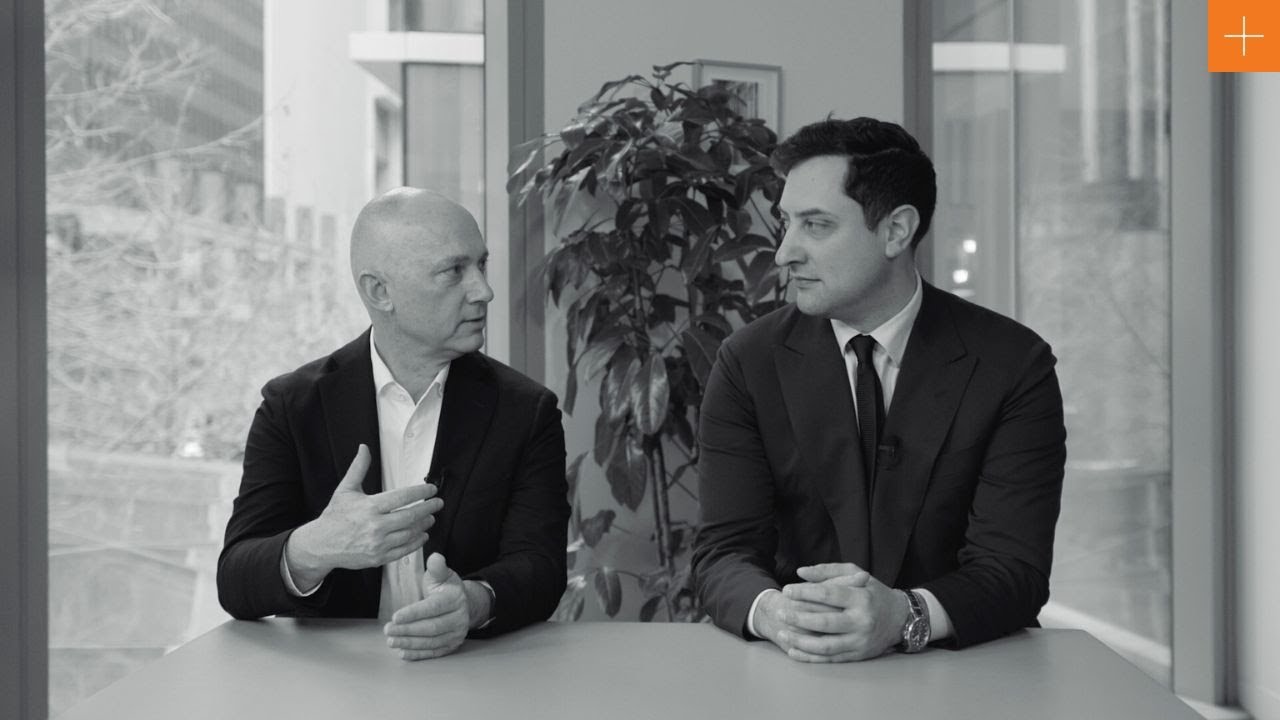When complex disputes arise in our businesses, sometimes the frustration of how long a resolution could take brings a sense of inertia. But when we take the appropriate time to investigate and openly discuss our objectives, prospects and risks at the beginning, settlement becomes a timely and effective option to achieve the outcome sought.
I have a mantra that comes up from time to time. It goes, ‘Every matter will settle with parties that are well informed, well advised and are rational.’
This is not to say that all our clients will settle. Going to trial can be the most appropriate option when there are principles or points that need to be established, or if there have not been opportunities to achieve the best possible outcome pre-trial.
What this mantra reminds us is that complexity can almost always be reduced when, as lawyers, we place value in transparent communication.
There are three elements to this:
1. Well informed:
By listening and investigating thoroughly first, we can save ourselves and our clients from an arduous litigation process that lacks direction. The more forensically curious we can be about the objectives and possible pain points, the better informed we will be about the most effective path to resolution. We enable this investigation with a bespoke project management system, which aims to remove the perception that value should equal time, and affords lawyers the freedom to collaborate and think creatively about strategy. Whilst not every obstacle can be foreseen, we should not pretend that complex disputes can simply be figured out along the way, or that clients will be comfortable with a process like this.
2. Well advised:
Being well informed applies to all parties. If we discover powerful information, we want this to be known by the other party. Time and time again, we find that when all parties are well advised about the development of key issues, there is a greater motivation to act with intent, creating opportunities to achieve our objectives through a settlement outside of trial. Conversely, a tentative back and forth approach between parties that withholds key information can turn litigation into an uncharted venture into a series of often unnecessary costs and activities.
3. Rationality:
We can only expect rationality when there is adequate information to reduce uncertainty. By taking the time to educate ourselves about the strengths and weaknesses of our case, we can approach settlement opportunities such as mediation with a clear sense of judgement regarding what is sought, and why. Our judgement about what is an appropriate settlement becomes informed by important factors such as the costs of proceeding to a contested trial. When everyone understands where they sit, both parties are better placed to negotiate a fair outcome, and importantly, the other side is positioned to understand their need to negotiate.
By listening, simplifying and communicating, we can avoid the frustrations of delay and unproductive contest by helping everyone appreciate the need for resolution. Transparency and rationality are values we will continue to advocate for in the litigation process.
Aptum are specialists in the litigation process. To start the conversation about what your business is facing, contact us today.




